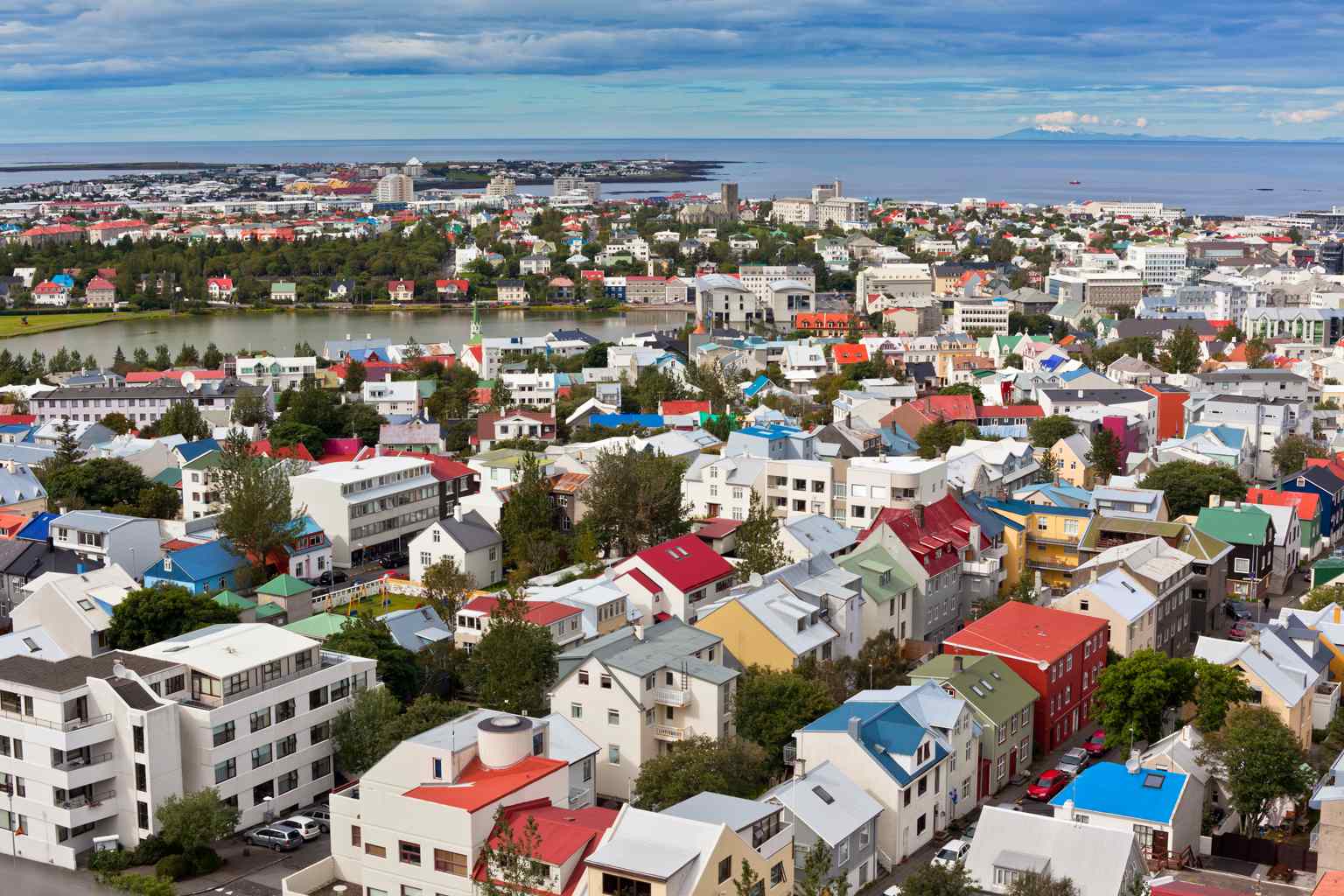In 2019, Iceland made a bold move that many thought was risky at best—a switch to a four-day workweek. Fast forward nearly six years, and the results have been nothing short of remarkable. What began as a cautious pilot project with just 2,500 workers has now blossomed into a thriving model embraced by almost 90% of the Icelandic workforce, proving that shorter weeks can work wonders for both employees and employers.
How a shorter workweek boosted Iceland’s productivity and well-being
When Iceland put the four-day workweek to the test, the biggest questions were whether productivity would drop and how businesses would adapt. It turns out those concerns were largely unfounded. Reports show that, across multiple sectors, productivity stayed the same or even improved. A major factor behind this success has been a noticeable boost in employee well-being.
By reducing stress and improving work-life balance, workers found themselves more energized and motivated. Generation Z, in particular, has embraced this shift, highlighting the importance of mental health and time for personal life. This outcome wasn’t just a pleasant surprise; it was a game-changer that transformed people’s relationship with their jobs. Imagine not dreading your Monday mornings because you know your workweek ends a day sooner—what a difference that makes.
Gender equality and family life thrive on shorter workweeks
One of the most profound impacts of Iceland’s four-day week experiment is the progress made toward gender equality. With fewer hours spent at work, men have stepped up to share more household and parenting duties. In a country where traditional roles once dictated long hours away from family, this shift is monumental. Icelandic men now have more time to connect with their children and contribute to chores, fostering equality at home.
Unlike some places where fewer workdays come with longer hours on the remaining days, Iceland maintained the reduction in hours without cutting pay. The government’s significant investment in digital technology helped this transition by making remote work and flexible schedules easier than ever. Thanks to this, workers aren’t clocking in extra hours; they’re simply working smarter and living fuller lives.
Lessons from Iceland’s digital infrastructure and future of work
A successful four-day workweek depends heavily on infrastructure, and Iceland nailed it by prioritizing top-tier digital connectivity. Even in rural areas, internet speeds are some of the fastest found anywhere in the world. This strong digital foundation allowed many workers to telecommute seamlessly, keeping business running smoothly despite fewer workdays.
Growing up surrounded by technology, Generation Z in Iceland adapted quickly. Remote meetings, cloud-based collaboration, and online project management have become second nature. This wasn’t just a convenience; it was essential to making shorter weeks sustainable.
I recall a friend sharing how switching to a compressed schedule gave her weekends back and sparked her creativity and happiness at work. It’s clear that when people feel valued and less pressured, they thrive far beyond what traditional models expect.
As other countries watch Iceland’s example, many are curious: could this work for us too? Pilot programs are sprouting in Germany, Spain, Portugal, and the UK. Yet, not every approach has been as successful. Belgium, for instance, requires workers to make up hours on other days, which reduces enthusiasm for change.
Iceland’s story is a compelling reminder that investing in people first can transform work into a humane and sustainable experience. What are your thoughts on the four-day workweek? Could you see yourself thriving with an extra day off each week? Share your experiences or questions below and let’s start the conversation.
